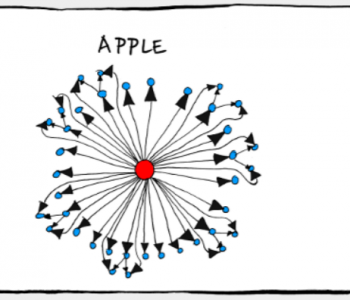 Commentary
Commentary
How Each Big Tech Company May Be Targeted by…
Of these four:
- Amazon: Favoring its own products?
- Apple: The power of the App Store
- Facebook: Consolidation of social media
- Google: What appears in search results
Google really presents the biggest concern. For better or worse, search is still the gateway to much of the monetization of the internet. Yes, Amazon exploits is master view of its marketplace to sell their own products. However, Amazon branded products are still a tiny % of the overall market and often are the generic to other sellers more specialized products. Plus, no one has proven that Amazon is favoring their own.
The Apple AppStore is powerful and there have been abuses (takedowns, not allowing products to compete with Apple’s) but, worldwide, Apple is still a small % of overall app sales.
Facebook is more compelling. However, there are alternative social media (its mostly but not exclusively winner take all). And there is likely a simpler fix to right this by unwinding the Instagram and Whatsapp acquisitions. Imagine Facebook proper (and Messenger) having to compete there?
Google owns, controls and can shift whole businesses and industries with an algorithm change (see what the Medic algorithm update did to the natural health and wellness space). Even if you buy their “don’t be evil” mantra, they simply have too much power and depend far too much on algorithms to make decisions. Talk to any advertiser who’s received an ad takedown from one of Google’s algos. You contact support who can’t tell you why your ad was taken down and they spend their time trying to help you trick the algo to get your ad back up. There’s a problem here.
Amazon, Apple, Facebook and Google have been the envy of corporate America, admired for their size, influence and remarkable growth.
https://www.nytimes.com/2019/09/08/technology/antitrust-amazon-apple-facebook-google.html
Now that success is attracting a different kind of spotlight. In Washington, Brussels and beyond, regulators and lawmakers are investigating whether the four technology companies have used their size and wealth to quash competition and expand their dominance.
The four firms are lumped together so often that they have become known as Big Tech. Their business models differ, as do the antitrust arguments against them. But those grievances have one thing in common: fear that too much power is in the hands of too few companies.
The attorney general of New York, Letitia James, said Friday that the attorneys general in eight states — she and three other Democrats, plus four Republicans — and the District of Columbia had begun an antitrust investigation of Facebook.














